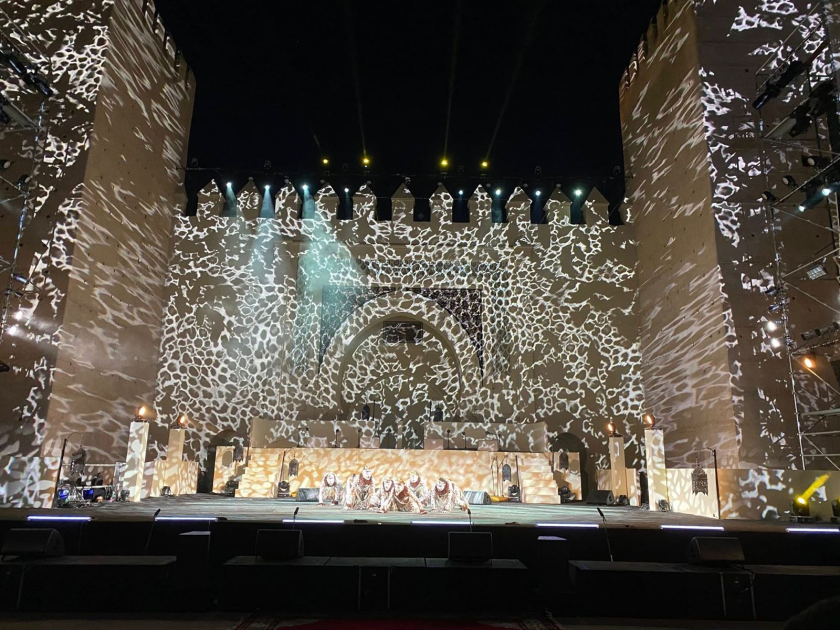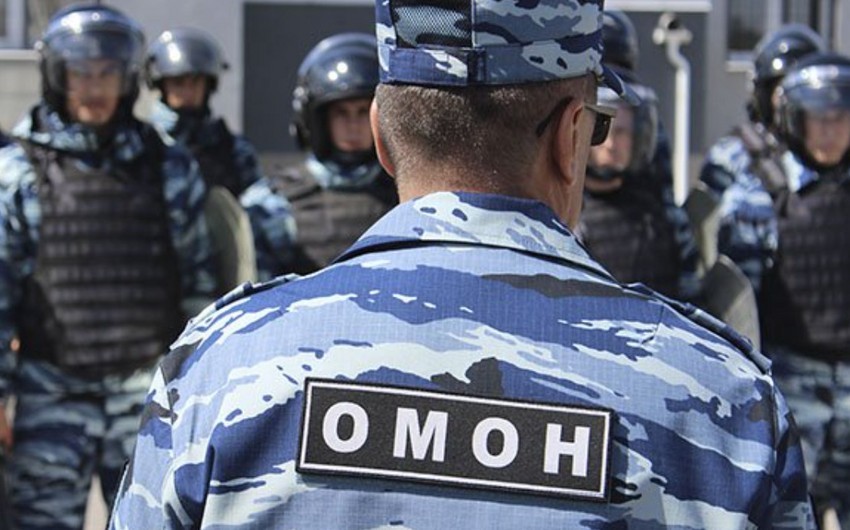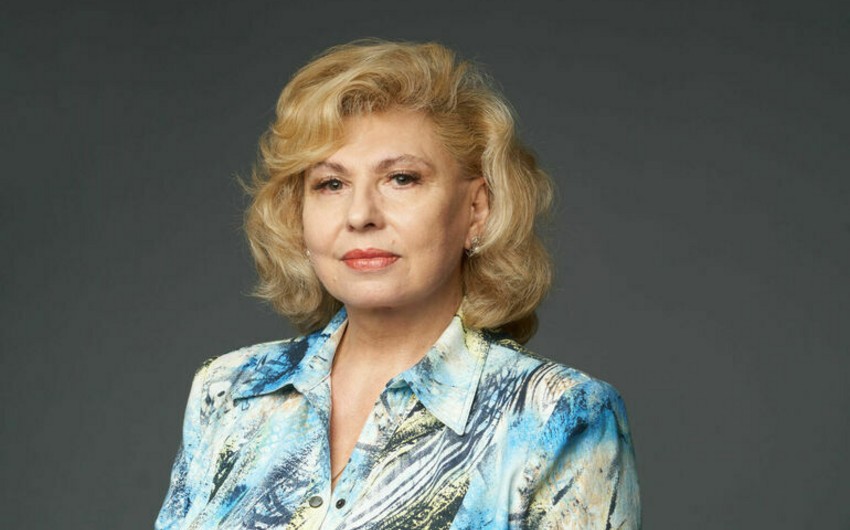A class of 15-year-olds. We've just read a scene from William Shakespeare's Romeo and Juliet. I hesitate for a moment before launching into a group discussion. Half the students have (I hope) been reading their copies of No Fear Shakespeare, a kid-friendly translation of the Bard's original. For three students, even these literacy demands are beyond them. Another simply can't focus. Having confiscated his iPad, I give him pens and paper to draw with. I just need to keep this one at school for as long as possible.
I can ask the terrified No Fear group to identify the key characters in this scene, and maybe provide a tentative plot summary. I can ask most of the class about character development, and how Romeo is feeling (he's very upset, by the way) — if they were paying attention. Five of them might be able to support their statements with textual evidence. Three will be able to explain how the imagery might affect the audience. Now two curious students are wondering if oxymorons reflect Shakespeare's thematic concerns with extremes, and arguing about whether it is better to live a life of moderation or one of passionate engagement. Meanwhile, I non-verbally de-escalate an arms race of scribbled penises that threatens to spill out onto the desks.
It is no surprise that teaching involves catering to a variety of different learning needs, and that this can be challenging. In fact, if the discussion went as described above, the class would be going rather well. But wouldn't this class work better if there weren't such a huge gap between the top and the bottom? If we put all the kids who needed literacy support and No Fear Shakespeare into one class, and all the students who want to talk about the virtue of moderation in the modern world into another?
The practice of "streaming" or "tracking" involves separating students into classes depending on their diagnosed levels of attainment. At a macro level, it requires the establishment of academically selective schools for the brightest students, and comprehensive schools for the rest. Within schools, it means selecting students into a "stream" of general ability, or "sets" of subject-specific ability. The practice is intuitively appealing to almost every stakeholder.
I have heard the mixed-ability model attacked by way of analogy: a group hike. The fittest in the group take the lead and set a cracking pace, only to have to stop and wait every 20 minutes. This is frustrating, and their enthusiasm wanes. Meanwhile, the laggers are not only embarrassed but physically struggling to keep up. What's worse, they never get a long enough break. They honestly just want to quit. Hiking, they feel, is not for them.
Parents of students at the lower end complain that their child is not receiving adequate support and attention from the teacher. At the top, parents are concerned that their child is not being challenged. Students at both ends complain of finding school unengaging. Teachers have to prepare for diverse learning needs in every lesson — an exhausting practice known as "differentiation" — instead of meeting the common needs of their particular classes. Safe to say, morale is low, progress is slow, and everyone has a bad time of it.
So: Is learning like hiking?
The current pedagogical paradigm is arguably that of constructivism, which emerged out of the work of the Soviet psychologist Lev Vygotsky. In the 1930s, Vygotsky emphasized the importance of targeting a student's specific "zone of proximal development" (ZPD). A student's ZPD is the gap between what they can achieve only with support (teachers, textbooks, worked examples, parents, etc.) and what they can achieve independently. The purpose of teaching is to target this gap, to provide and then gradually remove the "scaffolding" of supports until they are autonomous. If we accept this model of developmental learning, it follows that streaming students with similar ZPDs would be an efficient and effective solution. And that forcing everyone on the same hike — regardless of aptitude — would be madness.
Mixed-ability classes bore students, frustrate parents, and burn out teachers. The brightest will never summit Everest, and the laggers won't enjoy the lovely stroll in the park they are perhaps more suited to. Individuals suffer at the demands of the collective, mediocrity prevails. In 2014, the U.K. Education Secretary called for streaming to be made compulsory. And as the former British prime minister David Cameron said in 2006: "I want to see it in every single school. Parents know it works. Teachers know it works." According to the Organization for Economic Cooperation and Development, 98 percent of Australian schools use some form of streaming.
Despite all this, there is limited empirical evidence to suggest that streaming results in better outcomes for students. Professor John Hattie, director of the Melbourne Education Research Institute, notes that "tracking has minimal effects on learning outcomes and profound negative equity effects." Streaming significantly — and negatively — affects those students placed in the bottom sets. These students tend to have much higher representation of low socioeconomic backgrounds. Less significant is the small benefit for those lucky, clever students in the higher sets. The overall result is relative inequality. The smart stay smart, and the dumb get dumber, further entrenching social disadvantage.
In the latest update of Hattie's influential meta-analysis of factors influencing student achievement, one of the most significant factors — far more than reducing class size (effect: 0.21) or even providing feedback on student work (0.7) — is the teachers' estimate of achievement (1.57). Streaming students by diagnosed achievement automatically restricts teacher expectations. Meanwhile, in a mixed environment, teacher expectations have to be more diverse and flexible.
While streaming might seem to help teachers to effectively target a student's ZPD, it can underestimate the importance of peer-to-peer learning. A crucial aspect of constructivist theory is the role of the MKO — "more-knowledgeable other" — in knowledge construction. While teachers are traditionally the MKOs in classrooms, the value of knowledgeable student peers must not go unrecognized either.
It is amazing to watch a student explain an idea or skill to her peers in ways that their teacher would never think of. They operate with different language tools, different social tools and, having just learnt it themselves, possess similar cognitive structures. There is also something exciting about passing on skills and knowledge that you yourself have just mastered — a certain pride and zeal, a certain freshness to the interaction between teacher and learner that is often lost by the expert for whom the steps are obvious and the joy of discovery forgotten. As a teacher, I often find I do a better job teaching material that I am not overly familiar with. In these circumstances, we hit authentic learning snags where I am not an expert-knower, but become an expert-learner, and we all have to negotiate the learning together.
Having a variety of students of different abilities in a collaborative learning environment provides valuable resources of relative-experts who are able to help each other meet their learning needs, never mind the benefits to communication and social skills. Look to the old adage: The best way to learn something is to teach it. If so, streamed classrooms reduce authentic opportunities for peer-to-peer teaching and learning, with both less and more capable students disadvantaged. And today, more than ever, we need the many to flourish — not suffer at the expense of a few bright stars. I go on a hike with a motley array of student once a year. It is challenging. The fittest students realize they need to encourage the reluctant. There are lookouts who report back, and extra items to carry for others. The laggers — who have never walked more than a mile their entire life — struggle, blistered, chafed, and out of breath. But they also inevitably surprise themselves. We make it — together.









